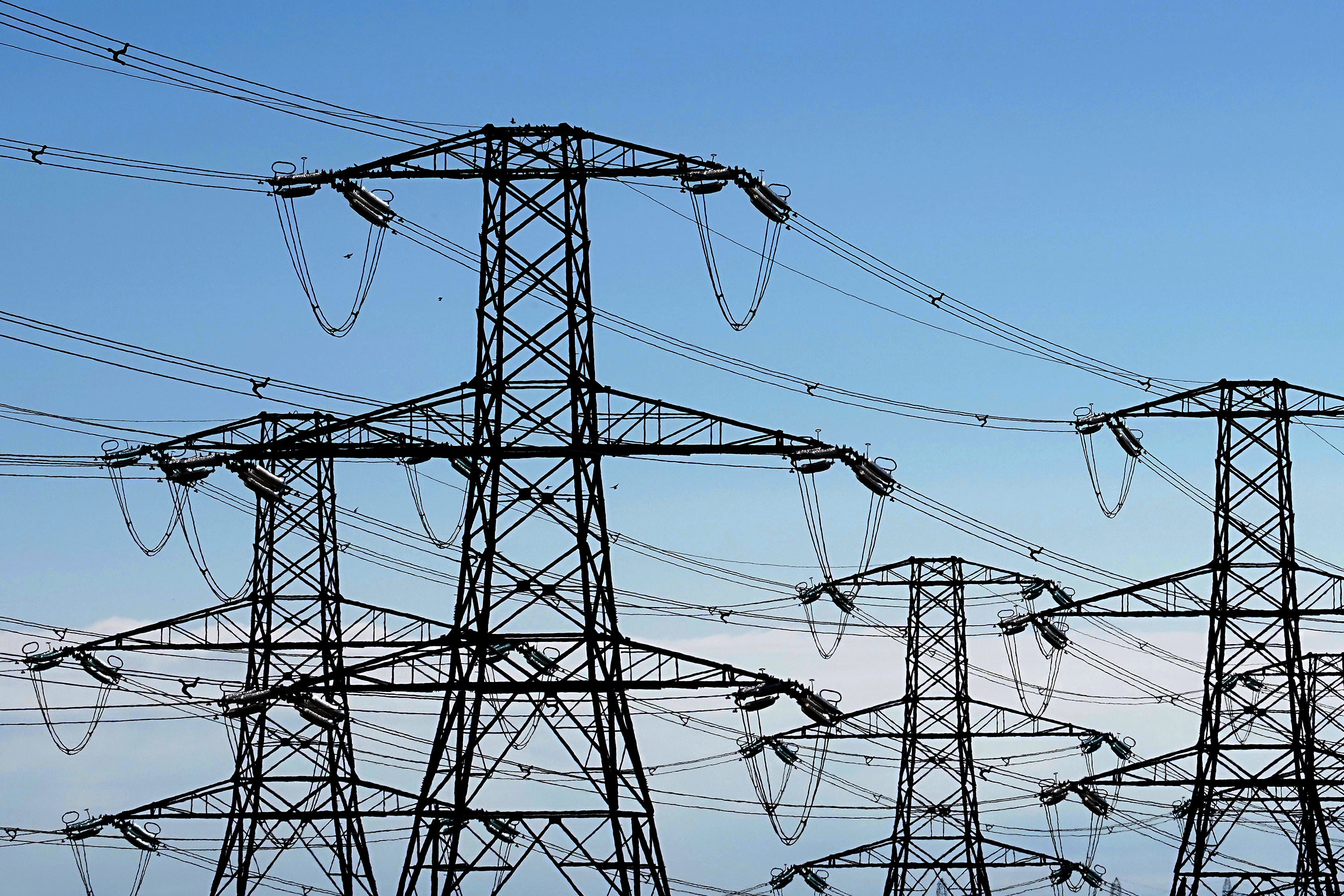UK risks wasting wind farms achievement without new links to grid, report warns
It can take twice as long to get a grid connection for a wind farm as it takes to build the wind farm itself.

Your support helps us to tell the story
From reproductive rights to climate change to Big Tech, The Independent is on the ground when the story is developing. Whether it's investigating the financials of Elon Musk's pro-Trump PAC or producing our latest documentary, 'The A Word', which shines a light on the American women fighting for reproductive rights, we know how important it is to parse out the facts from the messaging.
At such a critical moment in US history, we need reporters on the ground. Your donation allows us to keep sending journalists to speak to both sides of the story.
The Independent is trusted by Americans across the entire political spectrum. And unlike many other quality news outlets, we choose not to lock Americans out of our reporting and analysis with paywalls. We believe quality journalism should be available to everyone, paid for by those who can afford it.
Your support makes all the difference.Great Britain risks wasting a major achievement if it builds massive wind farms and nuclear sites without ensuring there are enough cables to bring the new electricity to homes and businesses, an official report has warned.
It could leave wind turbines and solar panels standing idle, and lead to higher costs for customers across the country.
The report – commissioned by the Government and written by a former National Grid boss – said it is “both vital and challenging” to ensure the delivery of new grid connections speeds up.
It takes around 12 to 14 years to get new big transmission lines up and running, around twice the time it takes to put up a large wind farm, the report by Nick Winser said.
Our electricity network is the single biggest barrier to delivering a zero-carbon power system by 2035
This is slowing the transition to clean energy as developers of wind and solar farms are having to wait to have their sites connected to the grid.
Britain needs enormous new investment to deliver the clean electricity that will power cars, homes and industries in the future. Wind turbines, solar panels and other solutions have been popping up all over the country.
Yet very few transmission lines have been built over the last 30 years.
“Delivering 50 gigawatts (GW) of new wind power and 24 GW of new nuclear will be a major step towards decarbonising our economy and providing customers with clean, secure, affordable electricity, but that magnificent achievement will be wasted if we cannot get the power to homes and businesses,” said Mr Winser, the Electricity Networks Commissioner.
“The implications of being able to build wind generation faster than the associated connections to customers will be serious: very high congestion costs for customers, and clean, cheap domestic energy generation standing idle, potentially for years.
“I believe that we must… reduce the overall timescale to seven years.
“I am confident that this is achievable as long as we streamline the process as proposed in the report; and take a transparent, respectful and efficient approach when engaging with people and communities about the impact.”
The report included a series of recommendations of steps for the Government and regulators to take.
Dan McGrail, chief executive of trade body RenewableUK, said: “Our electricity network is the single biggest barrier to delivering a zero-carbon power system by 2035.
“So we’re pleased that this timely report puts forward a series of constructive measures to speed up the pace at which the UK builds vital new grid infrastructure.
“These recommendations will benefit billpayers across the country by ensuring that we maximise the vast quantities of cheap, clean power we’re generating from renewables, and that we can get it to British homes and businesses more efficiently.”